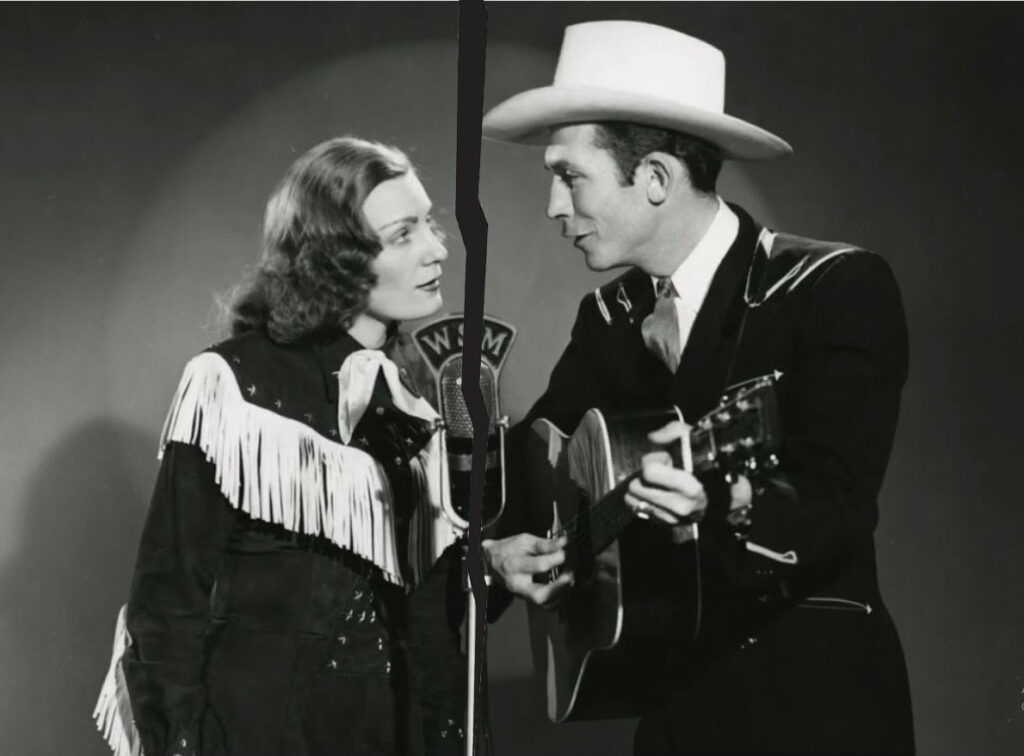
Your Cheatin’ Heart: A Timeless Tale of Betrayal and Heartbreak
There are some songs that transcend their time, their genre, and even their original artists, becoming cultural touchstones. Hank Williams’s “Your Cheatin’ Heart” is one such song. A staple of country music and an American standard, this simple, three-chord ballad has resonated with generations of listeners, speaking to a universal truth about love, loss, and betrayal. Released in 1953, a mere month after Williams’s tragic death on New Year’s Day, the song became a posthumous smash hit, a heartbreaking testament to the man’s enduring talent. It soared to the top of the country charts, holding the coveted number one spot for six weeks, a poignant farewell from a voice that was silenced far too soon. The single also crossed over to the pop charts, a rare feat for a country song at the time, peaking at number 21 on the Billboard Hot 100, proving that its message of heartache was universally understood.
But the story behind “Your Cheatin’ Heart” is as compelling and tragic as the song itself. It’s a tale of a love that was as tempestuous as it was passionate. The song was reportedly written by Hank Williams about his first wife and muse, Audrey Williams. Their relationship was famously tumultuous, marked by infidelity and constant conflict. The couple married in 1944, and Audrey, a musician herself, often performed with Hank, but their personal and professional lives were a constant whirlwind of drama. They divorced in 1952, and it was during this period of separation that Hank, while driving with fellow country singer Billy Walker, reportedly came up with the idea for the song. The story goes that Audrey had been seen with another man, and a newspaper article had a headline about her “cheatin’ heart.” This sparked a sudden inspiration, and Hank, with his characteristic genius, jotted down the lyrics on a paper bag while driving. The song was born out of a moment of raw, personal pain, a direct response to the heartbreak he was experiencing.
The song’s meaning is, on the surface, a straightforward lament about a lover’s infidelity. The lyrics are simple yet devastatingly effective: “Your cheatin’ heart will tell on you / Your cheatin’ heart will pine some day.” It’s a prophecy of sorts, a curse cast upon the unfaithful lover, predicting that their deceit will eventually catch up to them, that their heart, a traitorous organ, will eventually ache with the same pain they inflicted. But beneath this simple narrative lies a deeper, more profound meaning. The song is not just about a cheater; it’s about the emotional toll of betrayal, the lingering pain of a love lost, and the bittersweet satisfaction of knowing that karma, in some form, will eventually arrive. It’s a song about the human condition, about the fragile nature of trust, and the enduring hope that even in the face of heartbreak, there is a kind of justice to be found. For older listeners, particularly those who have experienced the pain of a broken heart, the song is a powerful reminder of a shared human experience, a nostalgic echo of a time when love songs were not just catchy tunes but deeply personal, emotional narratives that felt like a page ripped from one’s own diary. It’s a reminder that even in the darkest moments of life, there is a song that can articulate the unarticulable, a melody that can heal the wounds that words cannot touch. Hank Williams’s “Your Cheatin’ Heart” is more than just a song; it’s a testament to the power of music to capture the rawest human emotions and make them timeless.